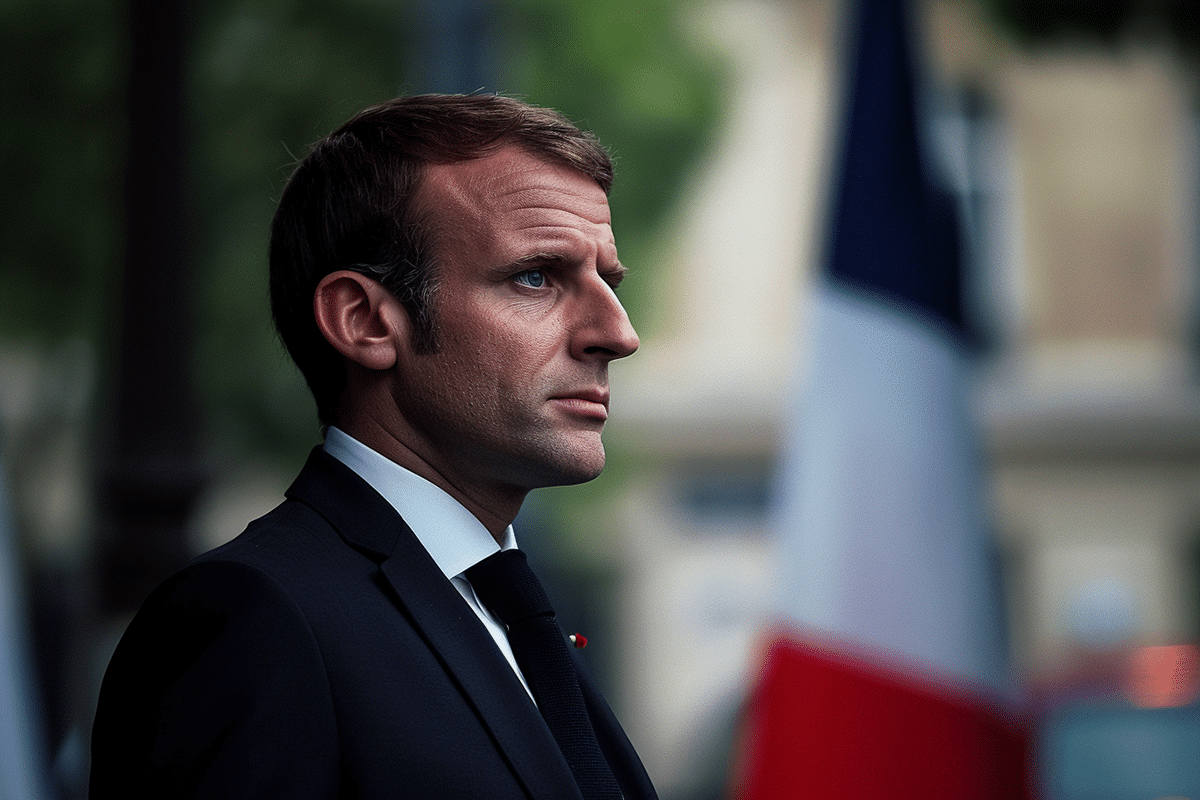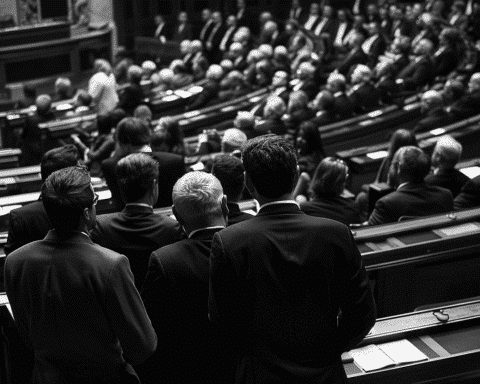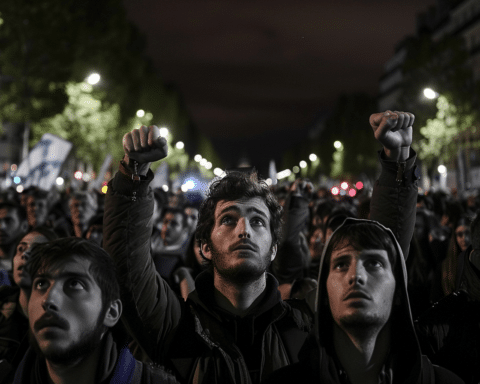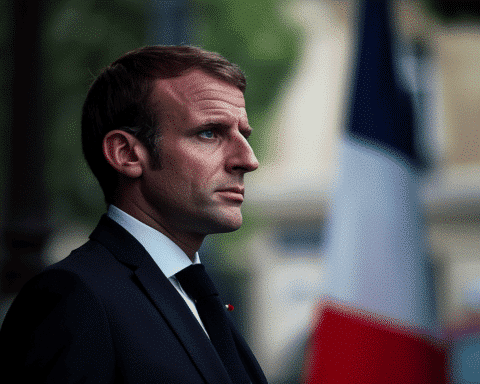France is currently grappling with a political and economic crisis following a no-confidence vote that led to the removal of Prime Minister Michel Barnier, causing a major shift in the nation’s leadership. The collapse has thrown France’s future into uncertainty, highlighting the deep polarization within its National Assembly and the challenges facing President Emmanuel Macron.
A Divided Parliament and Leadership Struggles
The vote of no confidence reflects the fragmented state of the National Assembly, where far-right, left-wing, and centrist factions are locked in political stalemates. Michel Barnier’s tenure as prime minister was marked by attempts to navigate this polarization, but his inability to secure a majority ultimately led to his removal.
Appointed as a compromise choice following July’s snap parliamentary elections, Barnier faced opposition from the outset. The elections, which followed Macron’s party’s poor performance in the European Parliament, saw gains for the far-right National Rally (RN) party and the formation of the left-wing New Popular Front coalition. These blocs frequently clashed, stalling any progress on critical issues.
Economic Crisis Worsens
The removal of the prime minister comes at a time when France is grappling with an escalating economic crisis. With a budget deficit at 6.1% of GDP and national debt at €3.2 trillion, the country is under pressure to adopt a viable financial strategy. Barnier’s proposed 2025 austerity budget, which included higher taxes on corporations and cuts to public spending, angered lawmakers across the political spectrum. His controversial decision to bypass a parliamentary vote on the budget led to no-confidence motions from both the left and the right.
The economic challenges are compounded by the fallout from the COVID-19 pandemic, the energy crisis linked to the war in Ukraine, and slow economic growth. Companies in France have begun layoffs, fueling public discontent and increasing pressure on the government to act.
The Road Ahead for Macron
President Emmanuel Macron is now tasked with selecting a new prime minister who can secure sufficient backing to prevent another collapse. Although the prime minister does not require parliamentary approval, the National Assembly can trigger no-confidence votes at any time, adding complexity to Macron’s decision.
In the interim, the government will continue its daily operations, but no new legislation can be passed until a replacement is in place. This gridlock threatens to deepen the ongoing budget crisis and delay critical economic reforms.
Le Pen’s Rising Influence
Marine Le Pen, the leader of the far-right National Rally party, has risen as a key player in French politics. Her party played a key role in Barnier’s ousting by aligning with the left-wing coalition’s no-confidence motion. While this maneuver demonstrates her growing influence, it also positions her party as partially responsible for the current instability.
Le Pen’s ambitions extend to the presidency, and she remains a polarizing figure in France’s political landscape. Her actions have sparked speculation about a broader strategy to force Macron out of office, though the president has firmly stated his intention to remain in power.
A Nation in Limbo
France’s government collapse underscores the challenges of governing a deeply divided parliament during a period of economic uncertainty. With no clear resolution in sight, the country’s political and financial stability hang in the balance as leaders navigate an increasingly complex and polarized landscape.





